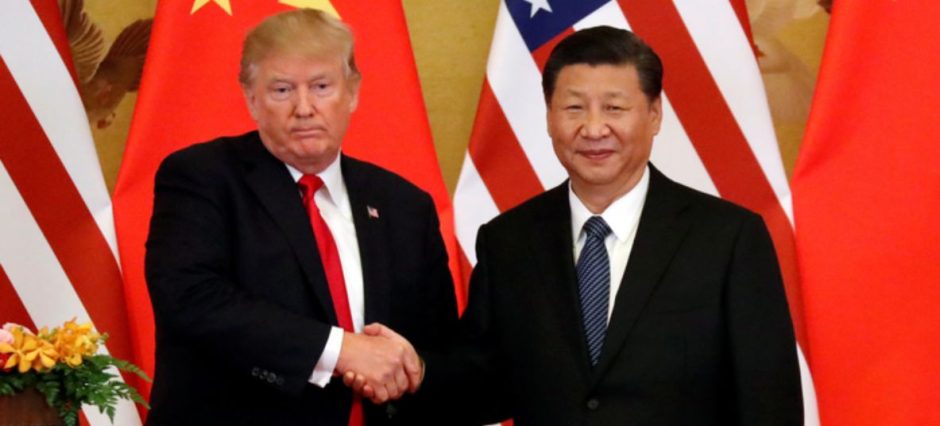In a significant shift for global trade, the United States and China have agreed to reduce tariffs on each other’s goods, signaling a major de-escalation in their long-standing trade conflict.
The agreement followed high-level talks in Geneva, where U.S. Treasury Secretary Scott Bessent announced a 90-day freeze on new trade measures. Both countries will lower existing tariffs by over 100 percentage points to 10%, aiming to stabilize global markets and revive around $600 billion in two-way trade affected by previous restrictions.
Read more: Afghanistan reduces coal tariffs and royalties
Officials emphasized that national interests were upheld while prioritizing a return to balanced trade. Under former President Trump, U.S. tariffs on Chinese imports soared to 145%, prompting China to retaliate with 125% duties and limits on critical exports to the U.S.
The trade war had severely disrupted supply chains, heightened inflation concerns, and caused job losses in trade-dependent industries. News of the agreement triggered positive reactions in global markets, with U.S. stock futures rising and the dollar strengthening, reflecting optimism over easing recession fears.











